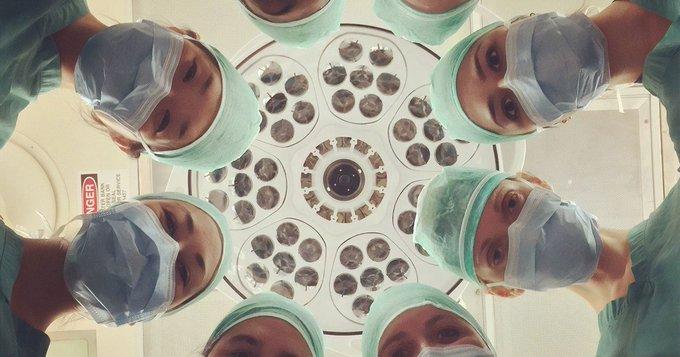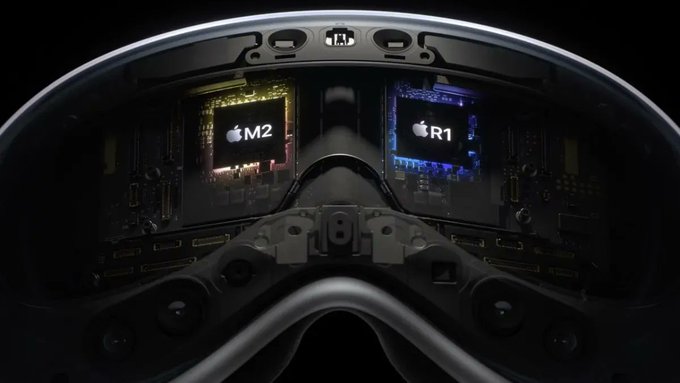Imagine that a friend or loved one is in the hospital for a routine operation or procedure. It seems like they are on their way to recovery, but then, you learn that septic shock — a widespread infection leading to organ failure and low blood pressure — has set in. Your loved one needs immediate and urgent medical attention. Such an outcome is not out of the ordinary. According to the CDC, about 270,000 of the 1.7 million American adults that develop sepsis will die each year, and 1 in 3 hospital deaths are the result of sepsis.
Now imagine a new scenario: earlier in your loved one’s stay, hospital staff receive a notification from an early warning system that alerts then of the sepsis risk, maybe even before nurses or doctors can diagnose it. Your loved one receives life saving antibiotics right away. Such an outcome is no longer the stuff of sci-fi. Some hospital systems are already test-driving such early warning systems.
Mots-clés : cybersécurité, sécurité informatique, protection des données, menaces cybernétiques, veille cyber, analyse de vulnérabilités, sécurité des réseaux, cyberattaques, conformité RGPD, NIS2, DORA, PCIDSS, DEVSECOPS, eSANTE, intelligence artificielle, IA en cybersécurité, apprentissage automatique, deep learning, algorithmes de sécurité, détection des anomalies, systèmes intelligents, automatisation de la sécurité, IA pour la prévention des cyberattaques.





